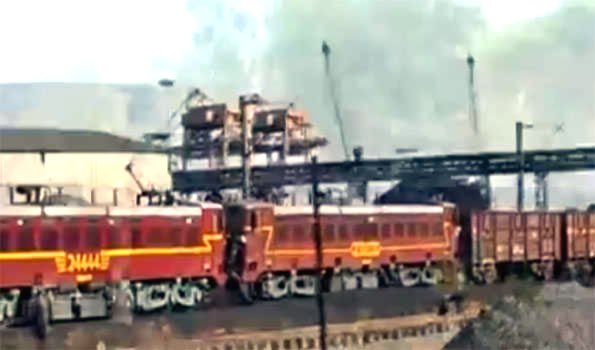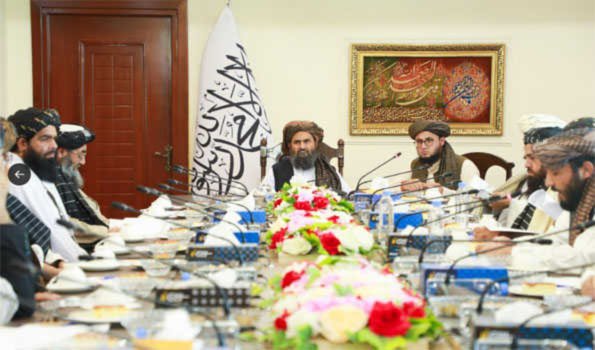Jerusalem, Sep 29 (UNI) Israeli aircraft dropped more than 80 bombs in minutes in Lebanon to kill the leader of Lebanese movement Hezbollah, Hassan Nasrallah, the New York Times reported citing two senior Israeli military officials.
In a video posted by the Israeli army showing aircraft taking off to strike Lebanon on the day of Nasrallah’s assassination, the newspaper counted at least fifteen 2,000-pound bunker buster bombs BLU-109.
According to the newspaper’s findings, as a result of the attack on the southern suburb of Beirut, Israeli aircraft destroyed at least four apartment buildings at least seven stories high.
Earlier, Hezbollah confirmed the death of its Secretary General Hassan Nasrallah as a result of an Israeli airstrike on the southern suburb of Beirut.
Since last week, the Israeli Air Force has been carrying out massive strikes on Hezbollah targets in various areas of Lebanon. Several pinpoint airstrikes were also recorded in Beirut, which resulted in the elimination of high-ranking Hezbollah commanders. To date, the Israeli army has reported strikes on several thousand Hezbollah targets. Observers note that Israel has not attacked Hezbollah with such intensity since the Second Lebanon War in 2006.
More than 90,000 people have already been forced to leave their homes in southern Lebanon due to the escalation of the conflict with Israel, according to a report by the UN Office for the Coordination of Humanitarian Affairs.
Hezbollah has responded with rocket fire primarily at northern Israel, but the range of rocket attacks has increased significantly in recent days. Israeli settlements see dozens of strikes daily, during which residential buildings are sometimes hit, resulting in injuries. In particular, a missile was launched at the Tel Aviv area, which was shot down by air defense systems.
Tensions are growing amid statements by the Israeli military about preparations for a ground operation in Lebanon.
Following the 2006 Israeli-Lebanese war, the UN Security Council adopted Resolution 1701, which provided for support for the territorial integrity and sovereignty of Lebanon, the simultaneous withdrawal of Israeli troops from southern Lebanon and the deployment of forces there by the Lebanese government and the UN. According to this resolution, the presence of any paramilitary formations, except those belonging to the Lebanese army or UN forces, is prohibited south of the Litani River. Nevertheless, over these 18 years, Hezbollah has restored its infrastructure in southern Lebanon and has been shelling northern Israel daily for 11 months. The situation on the Israeli-Lebanese border has escalated since the start of Israeli military action in the Gaza Strip in October 2023.











